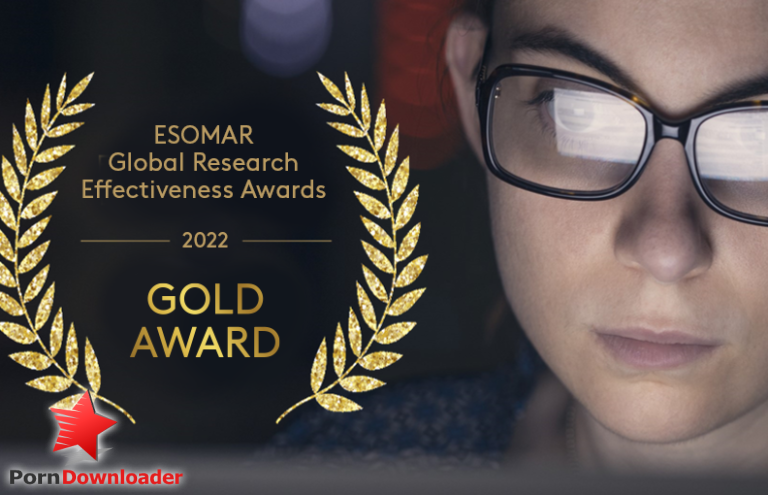In contemporary society, a significant challenge is the pervasive issue of dependence on pornography. Countless individuals grapple with the difficulty of escaping this addictive cycle, a journey that is far from straightforward. This exploration will delve into the psychological mechanisms underlying pornography addiction, shedding light on the factors that contribute to its development.
Introduction: Defining Pornography
Pornography can be defined as visual material designed to elicit sexual arousal in viewers. This can encompass various formats, including print publications, video content, and digital media. While its existence predates the digital age, the widespread availability of the internet has drastically increased its accessibility on a global scale.
Engaging with pornography doesn’t inherently signify an addiction. However, when its consumption escalates to the point of disrupting one’s everyday routine and relationships, it is classified as an addiction.
Identifying the Triggers of Pornography Addiction
There isn’t a solitary cause for pornography addiction. Several interwoven elements can propel someone into addictive patterns:
- Diminished Self-Worth: Individuals struggling with low self-esteem might turn to pornography as a means of temporary self-validation.
- Elevated Stress: Significant stress levels can prompt people to seek solace in pornography consumption.
- Relationship Discord: Those experiencing difficulties in their personal connections might resort to pornography as a coping strategy.
- Lack of Engagement: Insufficient mental and physical stimulation can drive individuals to seek refuge in frequent pornography usage.
The Repercussions of Pornography Addiction
Pornography addiction can have wide-ranging negative impacts on both mental and physical well-being. Here are some noted adverse consequences:
- Strained Relationships: Dependence on pornography can create conflict in interpersonal relationships, especially those of a romantic and sexual nature. This may result in reduced intimacy and communication breakdowns.
- Mental Health Deterioration: Addiction to pornography can exacerbate mental health issues, leading to increased feelings of depression, anxiety and other related conditions.
- Reduced Performance: This addiction can diminish efficiency in personal and professional endeavors.
- Cycle of Dependence: Breaking free from this addiction can prove incredibly challenging, often resulting in feelings of shame and culpability.
Strategies for Overcoming Pornography Addiction
While pornography addiction is a formidable problem, it is not an insurmountable obstacle. Here are several steps that can facilitate recovery:
- Seeking Professional Guidance: Consulting a therapist or counselor specialized in addiction treatment can provide crucial support.
- Avoiding Provocations: Identifying and actively avoiding triggers, such as specific online platforms or places, can reduce the likelihood of relapse.
- Practicing Mindfulness: Mindfulness techniques can help individuals remain grounded in the present, limiting the urge to use pornography as a coping mechanism.
- Fostering Accountability: Partnering with individuals who offer support and accountability can significantly aid the recovery journey.
In Conclusion
Although pornography addiction poses a substantial challenge, it is by no means a permanent state. With the appropriate support system and resources, individuals can effectively overcome their addiction and embark on a path towards a more balanced and satisfying existence.
Frequently Asked Questions
1. What constitutes pornography addiction?
Pornography addiction is characterized by an inability to regulate the consumption of pornography, which subsequently leads to detrimental effects on daily life and personal relationships.
2. What factors contribute to pornography addiction?
Various factors can initiate this addiction, including low self-esteem, heightened stress, unresolved relationship problems, and feelings of boredom.
3. What are the negative impacts of pornography addiction?
The negative repercussions can include disrupted relationships, increased anxiety and depression, diminished productivity, and a strenuous process of quitting.
4. Can pornography addiction be successfully treated?
Yes, this form of addiction is treatable. Treatment strategies involve professional therapy, avoiding triggers, implementing mindfulness practices, and seeking support from accountability partners.
5. Is pornography usage considered normal?
While the consumption of pornography is common, it does not necessarily indicate an addiction. It only becomes problematic when its usage becomes excessive and begins to adversely affect one’s life.


